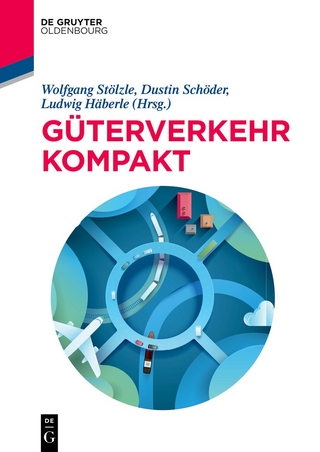
Knowledge Engineering
CRC Press (Verlag)
978-0-367-51736-6 (ISBN)
Knowledge management is far-reaching. It can dramatically reduce costs such as costs of office work repetition, human resource retirement, information reuse, etc. Rather than "reinventing the wheel" and having it be a costly and inefficient activity, systematic reuse of knowledge can show substantial cost benefits immediately.
This book shows how to develop process-oriented methodologies, covers both interorganizational and enterprises models, discusses how knowledge management can dramatically reduce costs and increase speed of response, presents a wide range of quantitative methods applied to various knowledge engineering problems, and offers several graphical presentations of models and processes.
Academicians and practitioners in the area of knowledge management and engineering, especially managers in industries will fine this book useful. The material might also be useful in knowledge management graduate studies.
Hamed Fazlollahtabar earned a BSc and an MSc in Industrial Engineering from Mazandaran University of Science and Technology, Iran, in 2008 and 2010, respectively. He received his PhD in Industrial and Systems Engineering from Iran University of Science and Technology in 2015 and completed a postdoctoral research fellowship at Sharif University of Technology, Iran, in the area of reliability engineering for complex systems in 2017. He currently works in the Department of Industrial Engineering at Damghan University, Iran, and is on the editorial boards of several journals and on the technical committees of several conferences. His research interests are business intelligence and analytics, advanced robotic production systems, reliability engineering, and supply chain planning. He has published more than 280 research papers and eight books.
1. Knowledge and Global Learning. 2. Knowledge Processes, Intensity and Innovation. 3. Knowledge with Innovation Performance. 4. Knowledge and Innovation in Networked Environments. 5. Knowledge and Organizational Business Loss. 6. Knowledge Sharing Using Semantic Web. 7. Knowledge Sharing and Tax Payment. 8. Knowledge Sharing for Enterprise Resources. 9. Knowledge Sharing and Organizational Culture. 10. Knowledge Sharing and Learning Capability.
| Erscheinungsdatum | 11.11.2020 |
|---|---|
| Zusatzinfo | 30 Tables, black and white; 6 Line drawings, black and white; 12 Halftones, black and white; 18 Illustrations, black and white |
| Verlagsort | London |
| Sprache | englisch |
| Maße | 156 x 234 mm |
| Gewicht | 340 g |
| Themenwelt | Technik ► Umwelttechnik / Biotechnologie |
| Wirtschaft ► Betriebswirtschaft / Management ► Logistik / Produktion | |
| Wirtschaft ► Betriebswirtschaft / Management ► Unternehmensführung / Management | |
| Wirtschaft ► Volkswirtschaftslehre | |
| ISBN-10 | 0-367-51736-1 / 0367517361 |
| ISBN-13 | 978-0-367-51736-6 / 9780367517366 |
| Zustand | Neuware |
| Informationen gemäß Produktsicherheitsverordnung (GPSR) | |
| Haben Sie eine Frage zum Produkt? |
aus dem Bereich


